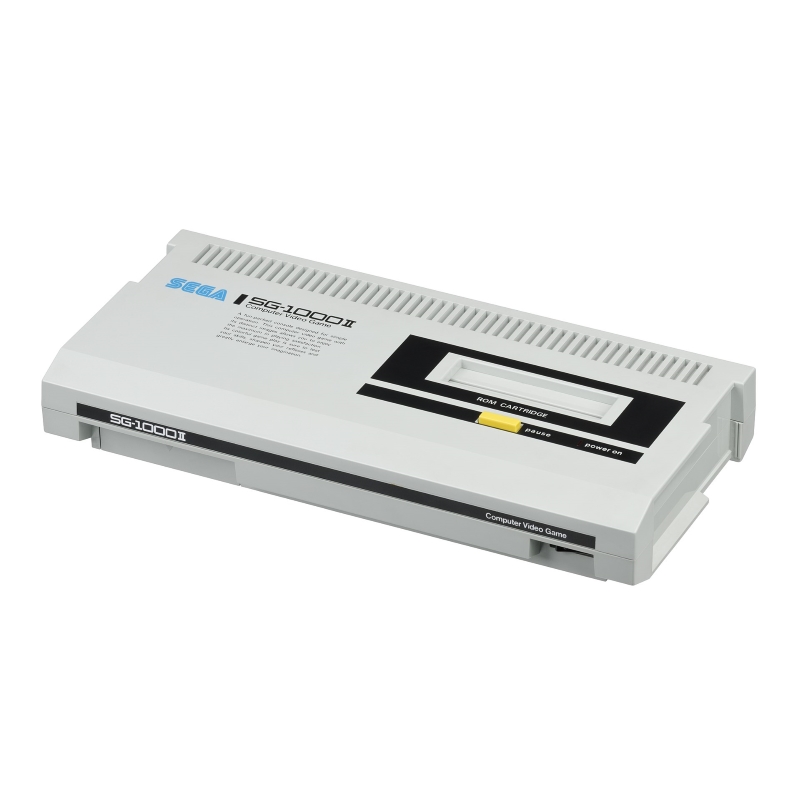|
|
|
History
Shortly after launch of the SG-1000, Gulf and Western began, the parent company of Sega, decided to divest itself of its non-core businesses after the death of company founder Charles Bluhdorn. Hayao Nakayama and former Sega CEO David Rosen arranged a management buyout of the Japanese subsidiary in 1984 with financial backing from CSK Corporation, a prominent Japanese software company. Nakayama was then installed as CEO of the new Sega Enterprises, Ltd. Following the buyout, Sega decided to update the SG-1000 with the release of the SG-1000 II.
Release
On July 31, 1984, Sega released the SG-1000 II. The difference between it and the SG-1000 were mostly cosmetic. The new model featured two detachable joypads instead of the hardwired joysticks. The SG-1000 II controller (SJ-150) was also slightly updated and could now be housed on the sides of the console, a design concept inspired by Nintendo’s Famicom. Finally, the expansion port was moved to the front of the unit.
Demise
Ultimately, even if with a great game catalogue, the SG-1000 II was not able to compete with the Nintendo Famicom which was more powerful. Sega realized that they would need a serious hardware upgrade and not just cosmetic change to become a serious contender to the Famicom. With this in mind, Sega worked on developing their new console, the Mark III (also known as the Master System).
Games
All the games released for the SG-1000 are also compatible with the SG-1000 II. See the SG-1000 games section for more information.

